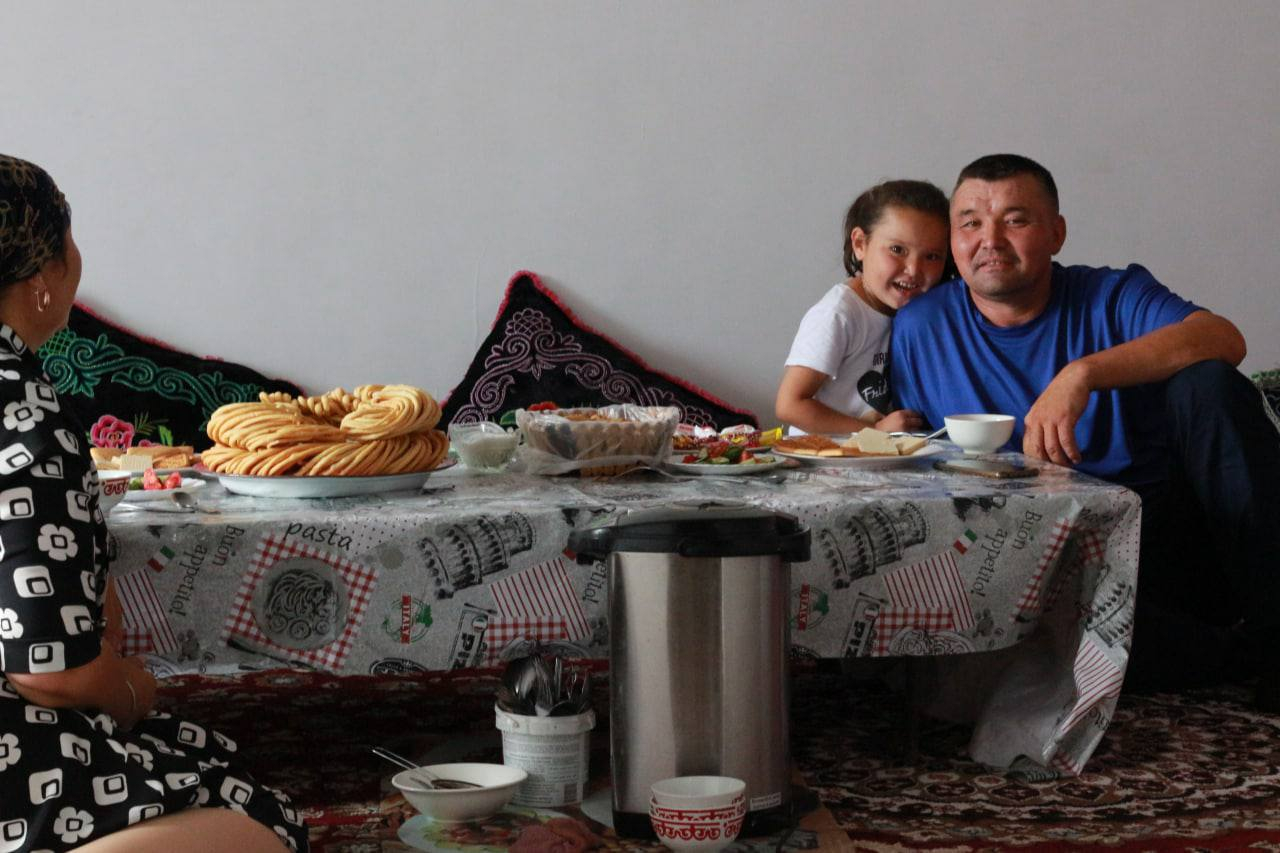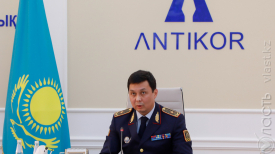- ВКонтакте
- РћРТвЂВВВВВВВВнокласснРСвЂВВВВВВВВРєРСвЂВВВВВВВВ
In the three decades since independence, Kazakhstan’s government showed pride in attracting more than one million Qandastar - ethnic Kazakhs formerly living abroad - to settle in the country. At the same time, this move limited their rights, making them feel as guests in their own homeland. This was cause for the stigmatization of Qandastar among the local population. They were not accepted as equal.
Instead, Qandastar were cast as symbols of “state assistance”.
Despite several renamings, the discrimination against this social group never stopped. People who had re-settled maintained their own status, different from Kazakhs born in Kazakhstan. Until 2019, they were called “Oralman” (from Kazakh, ‘returnees'). The introduction of the “Qandas” monicker (from Kazakh, ‘compatriot’, literally ‘same-blood’) has since failed to bring any change. Even in this column, I am forced to write separately about Qandastar and Kazakhs, although there should be no difference between them.
“In China, we were Kazakh people, here we became Oralman,” said a Qandas, who managed to escape the forced assimilation unfolding in China against Muslim people.
Qandastar ended up outside their motherland involuntarily. It was due to the policies of the colonial Tsarist regime, which resettled “inorodtsy” (the colonial name, in Russian, for non-Slavic subjects of the empire) for military purposes, and later the Soviet industrialization and agricultural development plans, which were carried out at the expense of thousands of lives.
Kazakhs who lived for years in today’s China, Uzbekistan, Turkmenistan, and Russia and could not live in their homeland are also forgotten. By coming to Kazakhstan, they hope to preserve their national identity.
The government claims to provide assistance to Qandastar, while those who were born in Kazakhstan feel ignored. This results in the atomization of society and the absence of political representation for the Qandas minority.
This tension runs the risk of escalating into a conflict among the poorest. In the Almaty region, Qandastar say they only have enough to “survive.” The government in fact only provides assistance to those who relocate through state-mandated quotas to the northern regions, yet only a minority choose such destinations. In most cases, the government fails to provide the promised material support and they face linguistic discrimination for not speaking Russian or not understanding written Kazakh in the Cyrillic script.
Discriminating words against Qandastar are not only used among the population. Timur Kulibayev, one of the country’s richest and most powerful, blamed the Oralman community for having organized the oil worker strike in Zhanaozen in 2011.
In 2019, Tokayev suggested to substitute the word Qandas for Oralman. Yet, like the Soviet regime, the Kazakhstani government is now using the Qandas social group for its economic and political goals, devaluing their status as carriers of Kazakh culture and identity.
Поддержите журналистику, которой доверяют.








